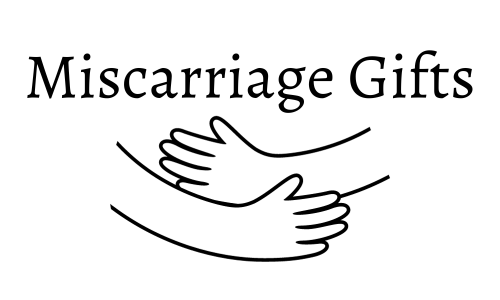Experiencing a miscarriage is an incredibly painful and personal journey. As a friend, understanding how to communicate with someone going through this loss is crucial. Here are the most important things to convey to a grieving friend after a miscarriage, providing support and comfort during this challenging time.
- I See Your Pain: Begin by acknowledging their pain. Express that you see and recognize the depth of their emotions. A simple, "I'm here for you, and I see your pain," can provide a powerful affirmation that they are not alone in their grief.
- I Want to Ease Your Pain: Let your friend know that your intention is to bring comfort. Offer your support and assure them that you're available to help in any way they need. Saying, "I want to ease your pain, and I'm here for whatever you need," communicates your commitment to their well-being.
- I Will Stand By You in Your Grief: Assure your friend that they don't have to navigate this difficult journey alone. A statement like, "You're not alone; I will stand by you in your grief," emphasizes your presence and willingness to provide emotional support.
- I Will Not Judge You: Grieving is a highly individual process, and everyone copes differently. Communicate to your friend that you won't judge their emotions or coping mechanisms. A non-judgmental statement such as, "There's no right or wrong way to feel, and I'm here without judgment," fosters a supportive environment.
- I Will Not Rush You: Grieving takes time, and healing is a gradual process. Convey to your friend that there's no rush to "move on" or "get over it." Saying, "Take all the time you need; I won't rush you through your grief," acknowledges the importance of allowing emotions to unfold naturally.
- I Will Share Your Pain: Express empathy by letting them know you share in their sorrow. Saying, "I can't fully understand your pain, but I'm here to share it with you," conveys a sense of solidarity and empathy.
- I Respect Your Privacy and Need to Grieve Alone or With Me: Respect their boundaries and preferences. Acknowledge their need for privacy or company during the grieving process. A statement like, "I respect your space and am here whether you want to grieve alone or with me," shows consideration for their emotional needs.
- I Will Remember Your Angel With You: Reassure your friend that their angel will be remembered alongside them. Saying, "I will remember your angel with you," reflects a commitment to honoring and acknowledging the significance of their loss.
- I Will Support You: Let your friend know that your support is unwavering. Saying, "I will support you," reinforces your commitment to being a consistent source of strength throughout their grieving process.
Practical Help Ideas: Offer additional support with practical gestures, such as ordering a meal or bringing a home-cooked dish, helping with household chores and errands, distracting with a movie, game, or a trip to the mall, shielding from difficult conversations, and considering a sympathy miscarriage gift that memorializes the baby. Be mindful of items that may be too painful to look at and assist in removing them.
Conclusion: Navigating the aftermath of a miscarriage requires compassion and understanding. Communicating these essential messages to a grieving friend lays the foundation for a supportive and enduring friendship during their healing journey.

1 comment
This heartfelt guide beautifully articulates the most important sentiments to convey to a friend navigating the pain of miscarriage. Acknowledging their grief, offering unwavering support, and respecting their unique journey are invaluable gestures of compassion during this challenging time. The practical help ideas underscore the importance of tangible support in easing their burden and fostering healing. A must-read for anyone seeking to provide meaningful comfort to a grieving loved one.